As trilogue negotiations on Generalised Schemes of tariff Preferences (GSP) will resume on 27th April in Brussels, Copa and Cogeca call on negotiators to follow the European Parliament’s position on article 29, ensuring that the Commission will introduce automatic safeguard measures on rice imports from EBA countries. This provision is a matter of survival for Europe’s rice sector.
Copa and Cogeca have taken note of the Council’s Agreement reached last December regarding the safeguard mechanism, but unfortunately it is not effective enough. In fact, the zero tariffs quota granted to Less Developed Countries (LDCs) through the “Everything But Arms” (EBA) status has led to a significant increase of cheap rice imports that EU rice producers are not able to compete with any longer.
Additionally, as soon as the safeguard clause on rice imports from Cambodia and Myanmar expired in January 2022, imports from these countries soared. The last marketing year 2021-2022 closed with a record import figure of 473,000 tonnes of milled rice; an increase of 100,000 tonnes over the previous records. As a comparison, the safeguard mechanism was triggered in January 2019 when total imports of milled rice were at 340,000 tonnes. Even the European Commission recognised that safeguard measures were “high but not prohibitive”. During the three-years that the safeguard mechanism was enforced, the European Union has kept importing significant volumes of rice from EBA countries, without hampering any trade relations.
Therefore, Copa and Cogeca reiterate their message that a clear and efficient system should be promptly triggered to protect a traditional European production. This automatic mechanism will not block any trade relations, but it will represent a “lifejacket” for European farmers and agri-cooperatives. Article 29 as presented by the European Parliament should be supported by all trilogue negotiators.
Time is of the essence; the European rice sector will not be able to further resist high volumes of cheap imports. Without effective measures to protect the European rice production, the EU will simply increase its dependence on third countries that don’t follow our production standards
Artigo publicado originalmente em Copa Cogeca.

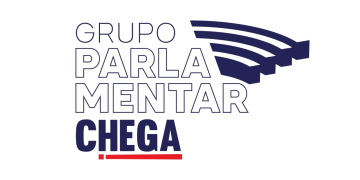

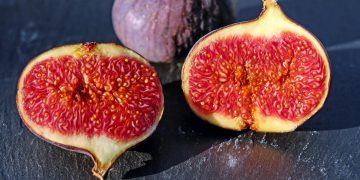
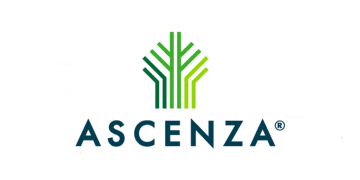

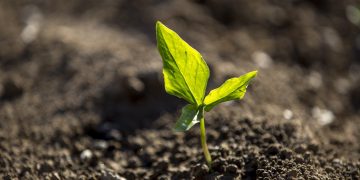














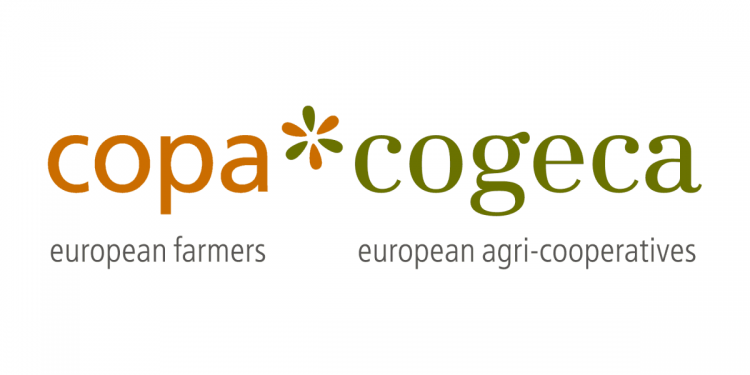
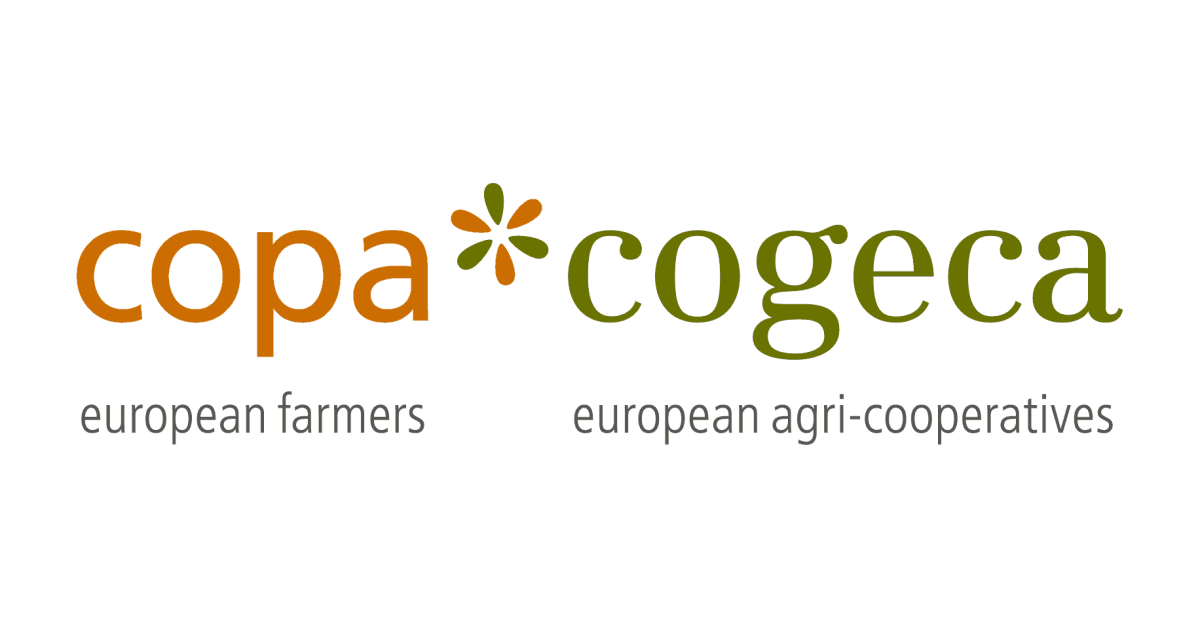
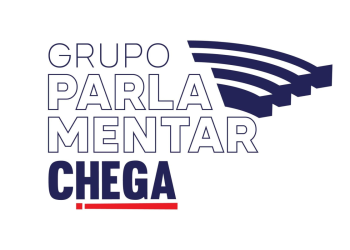

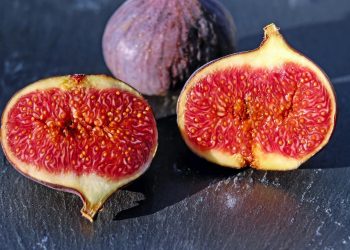




























Discussão sobre este post